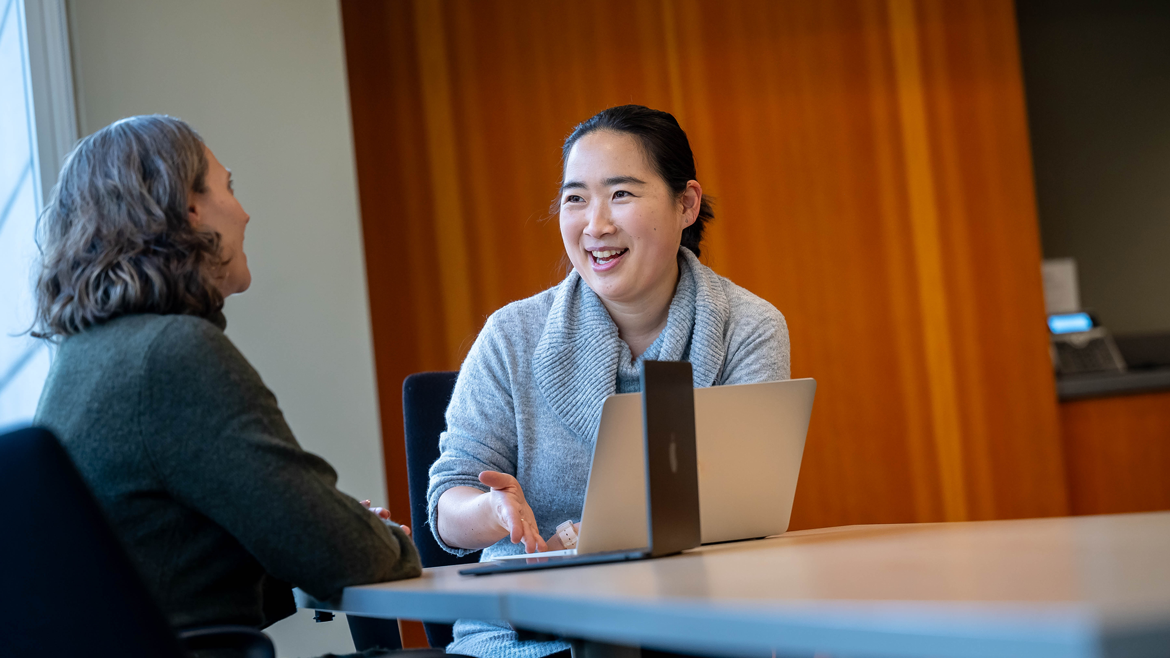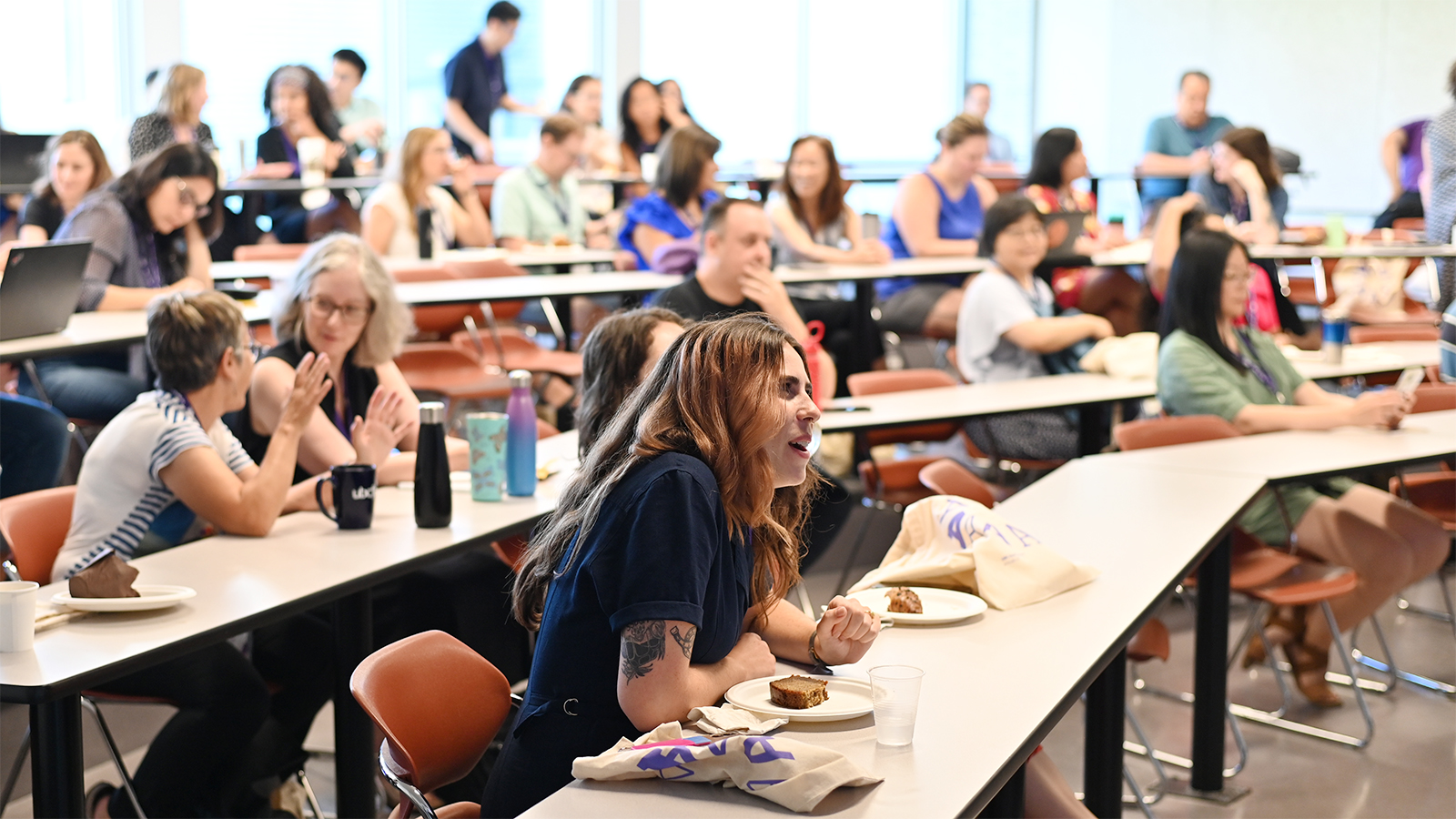This panel presentation was part of Celebrate Learning Week and engaged with the themes of student experiences and diversity and inclusion. The session involved a panel of instructors from a diverse range of disciplines sharing about how they have promoted intercultural learning in their classrooms and how they have guided their students to reflect on their own positions and interactions, in relation to other cultures. Participants in this session learned more about a number of pedagogical approaches that enable more meaningful and respectful intercultural learning. Among the topics that were discussed are Collaborative Online International Learning (COIL) projects that involve exchanges among students across partner universities to promote students’ critical reflectivity, cognitive dissonance, and their general intercultural skills. From a self-identity exercise to collaborating in groups to produce a visual representation of another culture, students are asked to engage in different activities and challenge their frames of cultural reference. Another project drew on the impact of synchronous computer-mediated communication (CMC) in a community of practice (Lave & Wenger, 1991) to explore how online socialization between learners of different target languages provides affordances for 1) reciprocal language learning, 2) changing participation within this virtual community of practice, and 3) learner agency as the ability to engage in metalinguistic and cross-cultural talk with language-exchange partners. These projects help students to achieve the goals of:
- developing knowledge, understanding and appreciation for different cultural values;
- creating more capacity for openness and self-awareness;
- reflecting upon Intercultural Competence activities;
- developing cross-disciplinary skills of collaboration, teamwork, problem solving, and communication to promote ongoing and future cultural and linguistic exchanges
Panelists also shared about the technologies that they have used to facilitate this intercultural learning virtually. Some of the UBC-supported technologies that were discussed included:
- how Canvas tools were leveraged in new ways and connected students with partners in other universities through Canvas Catalogue;
- annotation-based discussion and group work using the Collaborative Learning Annotation System (CLAS);
- using Zoom to enable synchronous communication for language-exchange learning between learners of different target languages
Moderator


Brianne Orr-Álvarez
Assistant Professor of Teaching Director, FHIS Learning Center Language Program Director, Spanish
Panelists


Associate Professor of Teaching Language Diversity, Linguistic Pedagogy Department of Linguistics


Assistant Professor of Teaching Language Program Director, Italian | Department of French, Hispanic and Italian Studies


Assistant Professor of Teaching | Japanese Language Department of Asian Studies


Lecturer | Japanese Language Department of Asian Studies


Program Manager | Intercultural Studies and International Development Programs
UBC Centre for Intercultural Communication


